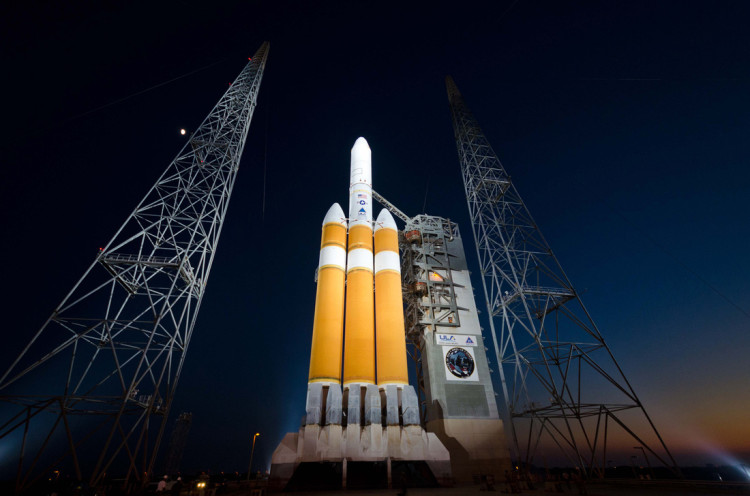A combined announcement from the two current contractors for NASA’s International Space Station missions, Boeing and SpaceX, has revealed that soon capsules designed by both groups to ferry astronauts will be tested on the launch pad at Cape Canaveral in Florida. The tests will be aimed at examining the safety of the capsules and their potential to protect occupants during a launch failure.
The main tests being carried out are known as pad abort tests – the idea being that the manned capsules should be able to reach a safe distance from a rocket on the launch pad if a launch failure occurs. The capsules should be flung away from the rocket by a burst from their thrusters, thus protecting the crew from a catastrophic failure of the launch vehicle, usually a massive explosion.
SEE ALSO: Now TV – How to Solve Virgin Media WIFI Error 014
In theory, SpaceX’s Dragon capsule should be able to perform such a task with relative ease, plus following the initial tests the capsule will also be tested on a modified SpaceX Falcon 9 rocket in flight, to test whether the capsule can escape in the event of an explosion within the Earth’s atmosphere.
Boeing have not yet revealed testing plans for their own CST-100 capsule, but the rocket they will be using to propel the spacecraft will be a Delta IV. These rockets have been used previously for satellite launches and testing of Orion, another crew capsule which may be used in the future.

As for whether the capsules can actually perform the impressive feat of throwing themselves out of the way of a potential fireball, we do know that in 1983 a Soviet rocket had some trouble on the launch pad and the method was successfully used to eject the crew capsule out of harm’s way. Badly bruised but alive, the two cosmonauts inside reportedly shared cigarettes and vodka following their miraculous escape.
If SpaceX and Boeing’s capsules do successfully manage to breach the atmosphere without having to perform any emergency maneuvers, they will be the first US craft to deliver crew to the ISS since the space shuttle was decommissioned in 2011.
SEE ALSO: David Tennant Cast as Villain in Netflix / Marvel’s A.K.A Jessica Jones
Both craft are scheduled for official launch around 2017, so it’s still early days for this next push into the unknown for space explorers in the US. We do know that SpaceX have scheduled their testing remarkably early, with the tests prior to the 2017 flight all being carried out this year. It could be expected that other more interesting things will be achieved by the company in the interim between tests and launch.
Meanwhile Boeing and their Delta V are set for just testing, for now, come 2017 in 2 years time. The tried and true Delta rocket may be the reason behind the late start – SpaceX’s designs are largely unproven, and famously explosive, as we saw recently. We’ll keep you posted if anything else blows up, whether it be news or malfunctioning rockets.
Via: Time
Via: Engadget

